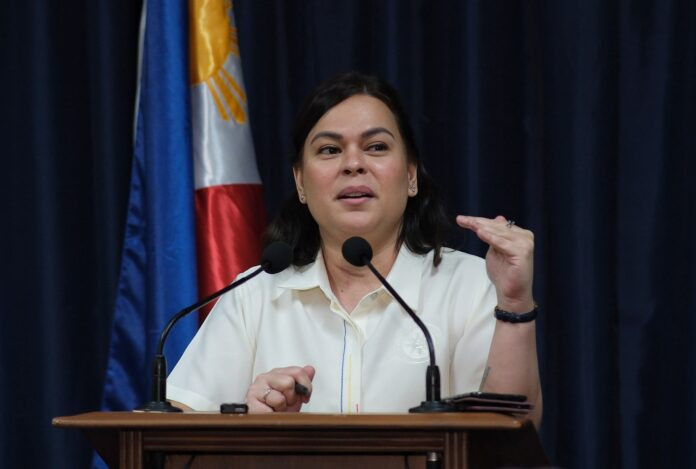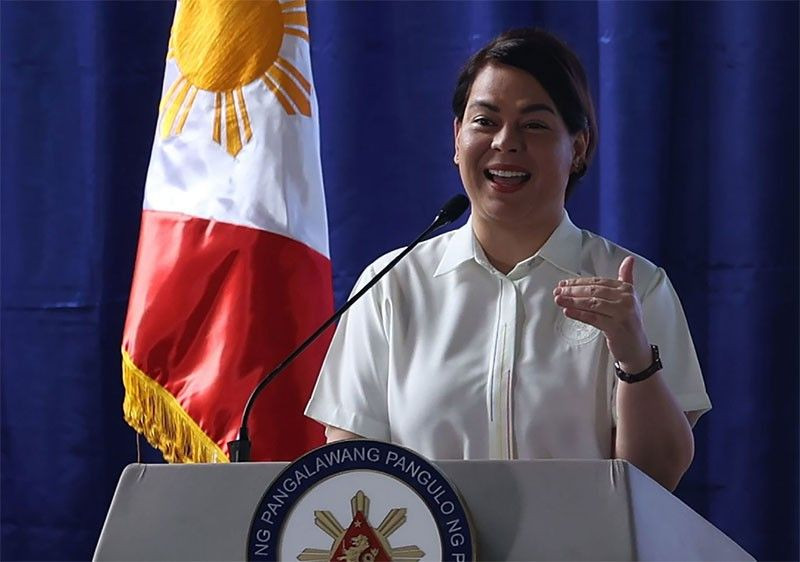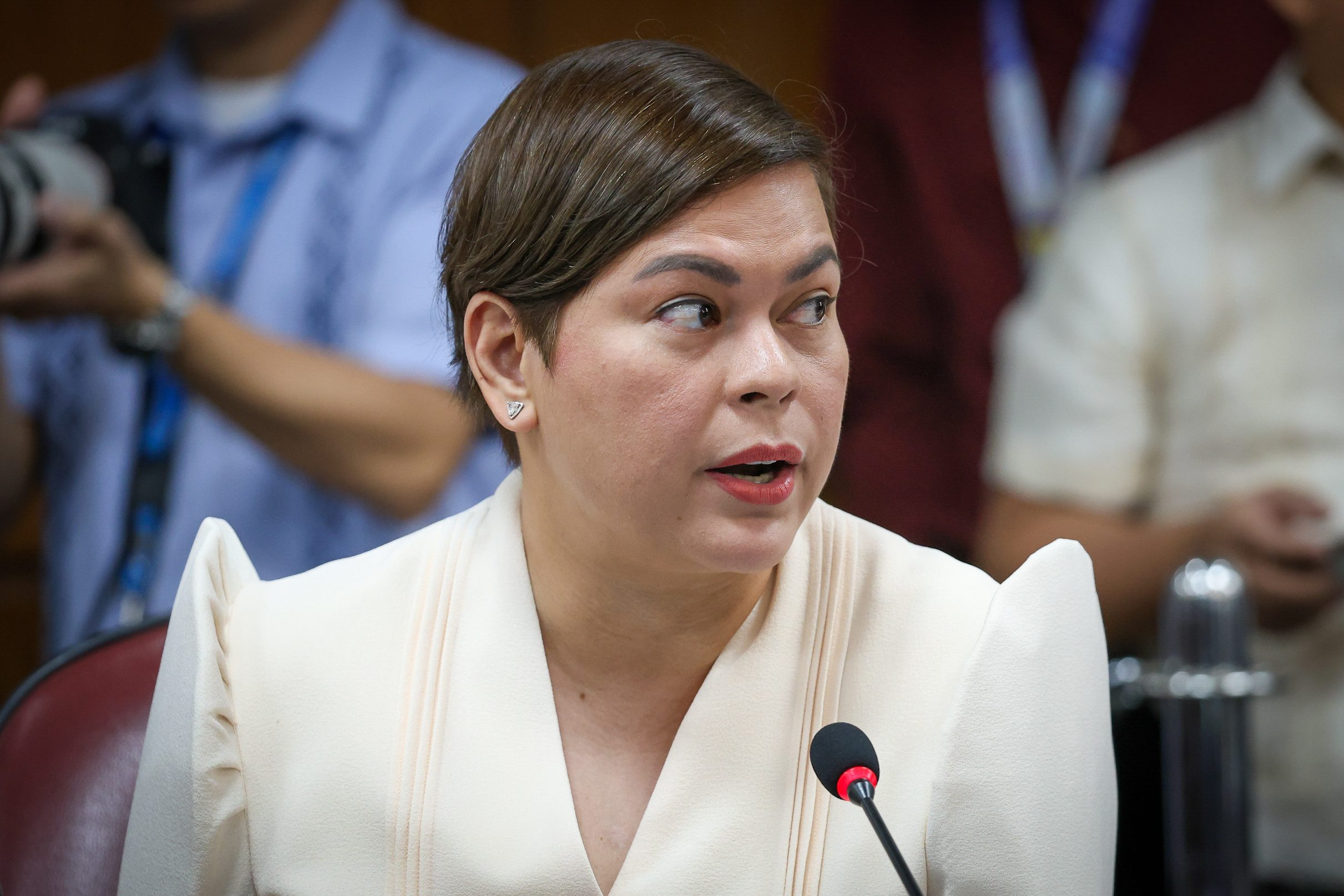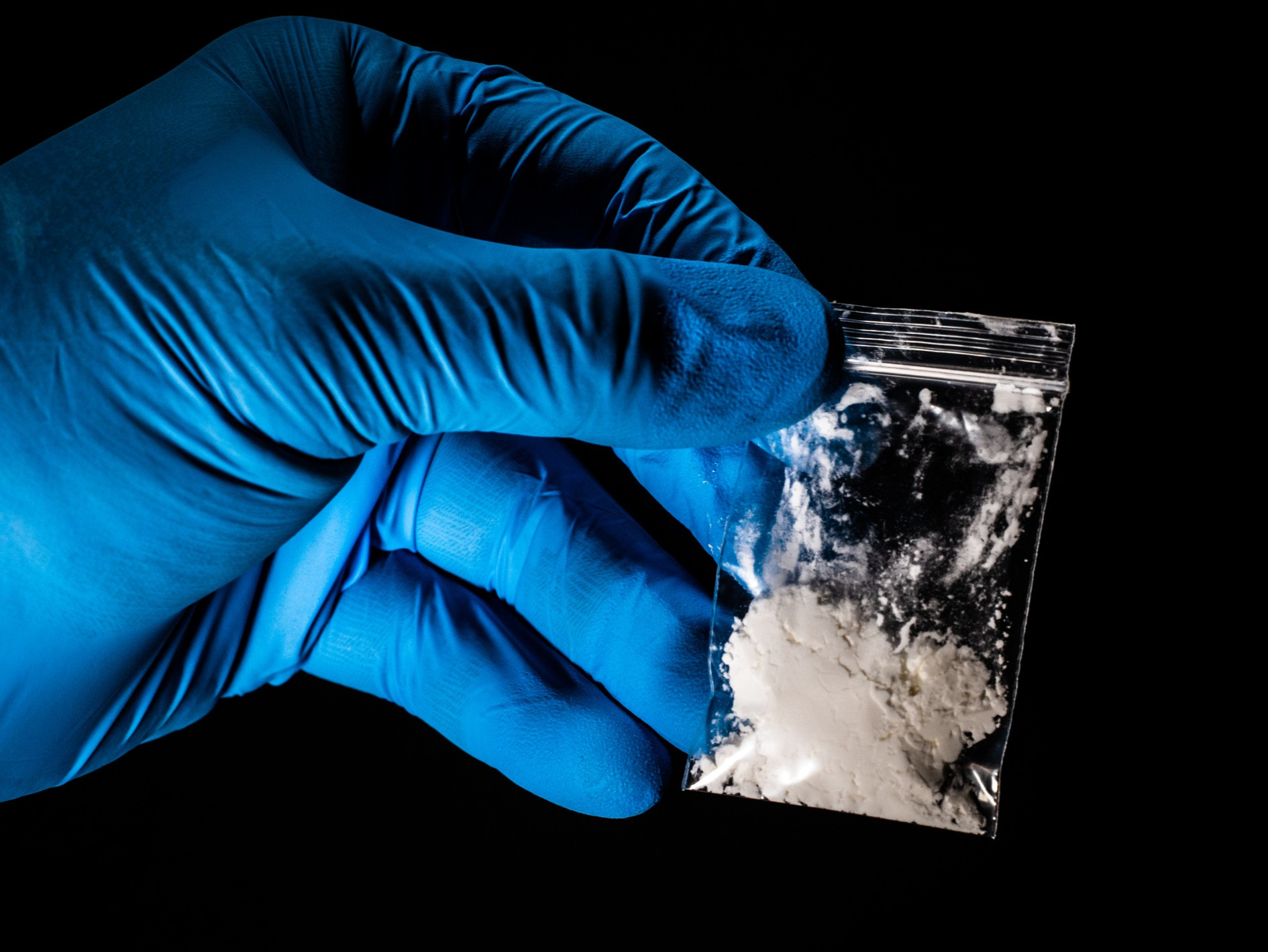Philippine Vice President Sara Duterte Impeached: A Political Earthquake in Manila?
The Philippines' political landscape has been rocked by a stunning development: the impeachment of Vice President Sara Duterte. A total of 215 out of 306 members of the House of Representatives voted in favor of the impeachment, exceeding the one-third threshold required. This dramatic move follows months of escalating tensions between Duterte and President Ferdinand "Bongbong" Marcos Jr., a feud that has captivated the nation and the international community.
The impeachment vote and its aftermath
The impeachment vote, which took place on Wednesday, marks a significant escalation in the power struggle between the two political figures. Lawmakers cited a range of accusations against Duterte, including alleged misuse of millions of dollars in public funds and even threats against President Marcos himself. While specifics regarding the accusations remain somewhat shrouded in mystery, the sheer number of representatives voting for impeachment underscores the gravity of the situation.
The process now moves to the Senate, which will convene as an impeachment court to hear the case. A two-thirds majority vote in the Senate is needed for removal from office; a conviction would not only remove her from her current position but also bar her from holding future public office. The trial date has yet to be set, and Duterte is expected to remain in office until a verdict is reached.
The Political Fallout
The impeachment of a sitting Vice President is an unprecedented event in recent Philippine history. Only one sitting president, Joseph Estrada in 2000, has faced impeachment proceedings since the end of Ferdinand Marcos Sr.'s dictatorship in 1986. The current situation is fraught with uncertainty, with the potential to trigger significant political instability in the coming months. The mid-term elections in May will serve as a critical barometer of public opinion and could further shape the political landscape.
The Duterte-Marcos rift: a deepening divide
The impeachment vote is widely viewed as the culmination of a bitter and increasingly public feud between Duterte and Marcos. While they initially presented a united front during their successful 2022 election campaign, cracks appeared almost immediately. Duterte's initial request for the defense portfolio was denied, and she was instead appointed Education Minister. Their differing political agendas and contrasting approaches to foreign policy, particularly regarding relations with the US and China, have further widened the rift.
Foreign Policy Divergence
Marcos has steered the Philippines back towards closer ties with the United States, reversing the pro-China stance adopted by Duterte's father, former President Rodrigo Duterte. This shift in foreign policy has been accompanied by a significant change in approach to the fight against illegal drugs—a marked departure from the elder Duterte's controversial "war on drugs." These differences have fueled speculation about Duterte's own political ambitions and created a volatile atmosphere within the government.
Accusations and Counter-Accusations
In November 2024, Duterte made headlines with a fiery statement in which she implied she had instructed someone to assassinate President Marcos should she be assassinated. Though later downplayed, this incident further damaged the already fragile relationship between the two leaders. Duterte has accused Marcos of corruption and weak leadership, while she herself faces accusations of misusing public funds.
The Road Ahead: Uncertainty and Speculation
The impeachment trial promises to be a lengthy and highly politicized affair, potentially mirroring the protracted and divisive impeachment processes of Estrada and former Supreme Court Chief Justice Renato Corona. The outcome remains uncertain, but the implications for Philippine politics are immense. Duterte's potential removal from office would not only reshape the country's political landscape but could also alter the trajectory of the upcoming presidential race in 2028.
The impeachment of Vice President Sara Duterte is more than just a political scandal; it is a reflection of deep-seated divisions within the Philippine government and a profound challenge to the country's political stability. The coming months will be crucial in determining the long-term consequences of this unprecedented event, and the nation waits with bated breath for the Senate's verdict. The future of Philippine politics hangs in the balance. The outcome of this impeachment trial will undoubtedly shape the nation's political trajectory for years to come, potentially influencing the 2028 presidential election and beyond. The trial itself is poised to become a defining moment in contemporary Philippine history.



















